Popular Blogs
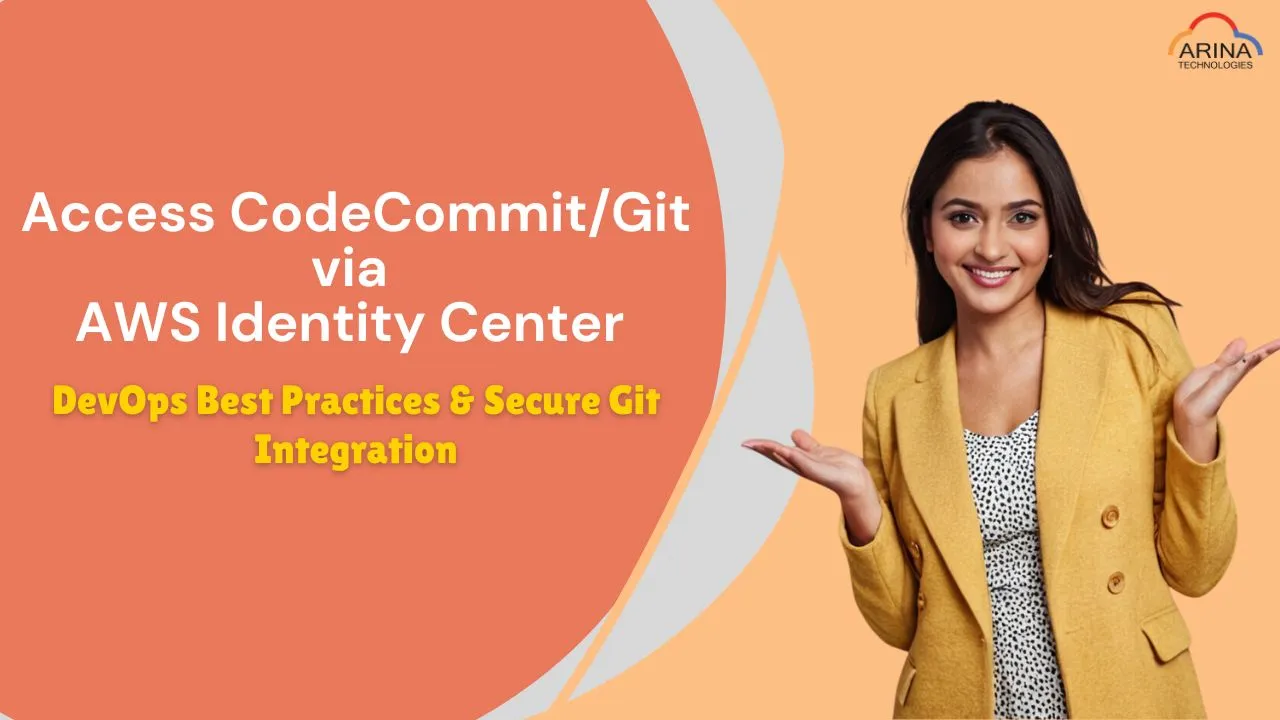
Access CodeCommit/Git via AWS Identity Center
{/ # Access CodeCommit/Git via AWS Identity Center /}
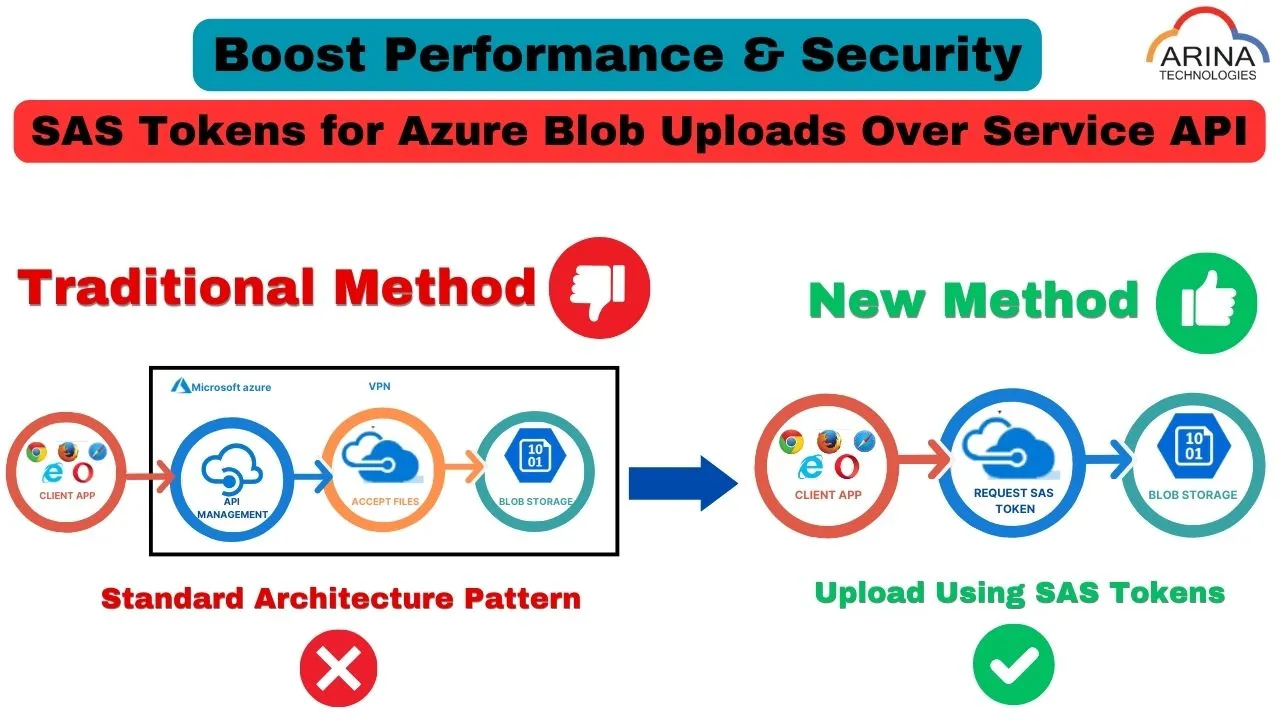
Boost Performance & Security: SAS Tokens for Azure Blob Uploads Over Service API
{/ ## Maximizing Cloud Efficiency with Azure Shared Access Signatures (SAS) /}

Secure EC2 Private Subnet Access Without Bastion Hosts - Save Costs
Introduction

Understanding AWS Account Migration: A Step-by-Step Guide
{/ ## Understanding AWS Account Migration: A Step-by-Step Guide /}
Latest Posts

Access CodeCommit/Git via AWS Identity Center
{/ # Access CodeCommit/Git via AWS Identity Center /}

Boost Performance & Security: SAS Tokens for Azure Blob Uploads Over Service API
{/ ## Maximizing Cloud Efficiency with Azure Shared Access Signatures (SAS) /}

Secure EC2 Private Subnet Access Without Bastion Hosts - Save Costs
Introduction

Understanding AWS Account Migration: A Step-by-Step Guide
{/ ## Understanding AWS Account Migration: A Step-by-Step Guide /}
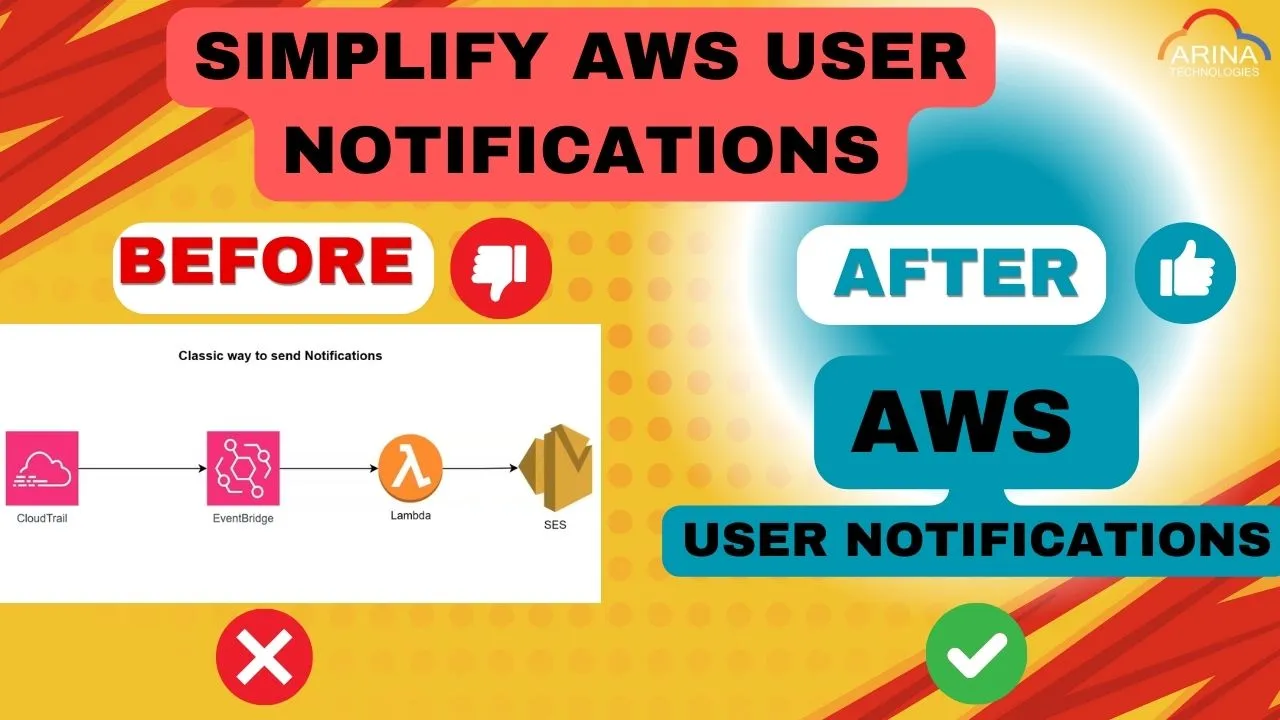
Simplifying AWS Notifications: A Guide to User Notifications
{/ truncate /}
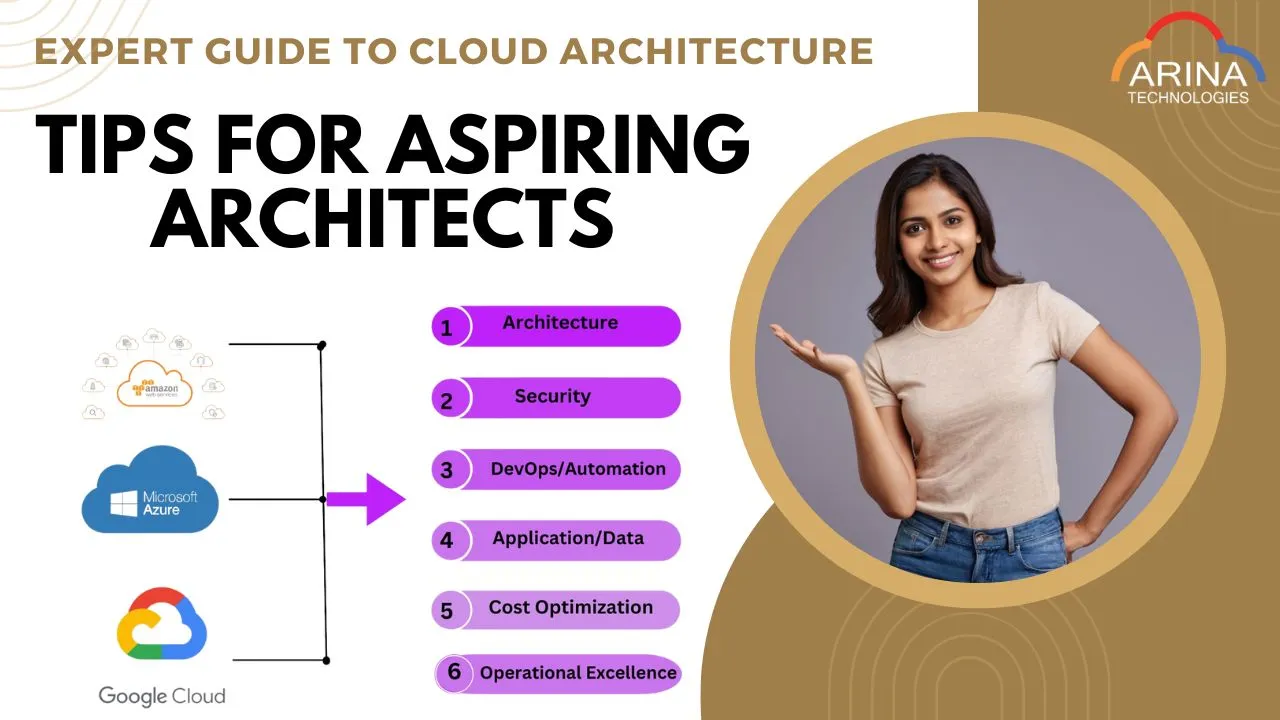
Expert Guide to Cloud Architecture: Tips for Aspiring Architects
{/ # Key Qualities of a Good Cloud Architect /}
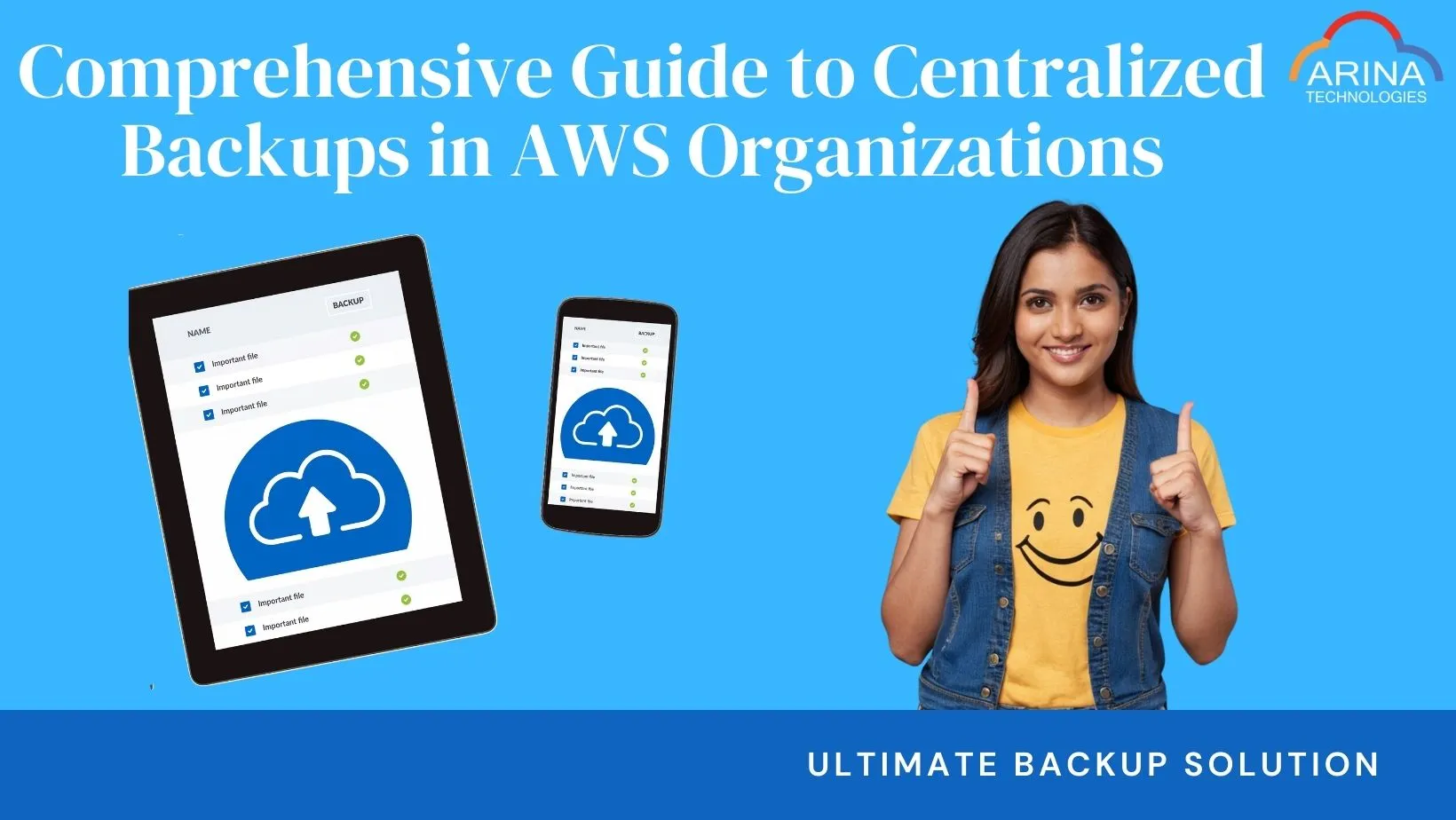
Comprehensive Guide to Centralized Backups in AWS Organizations
<YouTube

AWS services that support Containers: Containers!=Kubernetes.
<YouTube

One Bucket, One Key: Simplify Your Cloud Storage!
{/ # Securing AWS S3 Buckets with Custom KMS Keys: A Step-by-Step Guide /}

A Detailed Overview Of AWS SES and Monitoring - Part 2
In our interconnected digital world, managing email efficiently and securely is a critical aspect of business operations. This post delves into a soph...